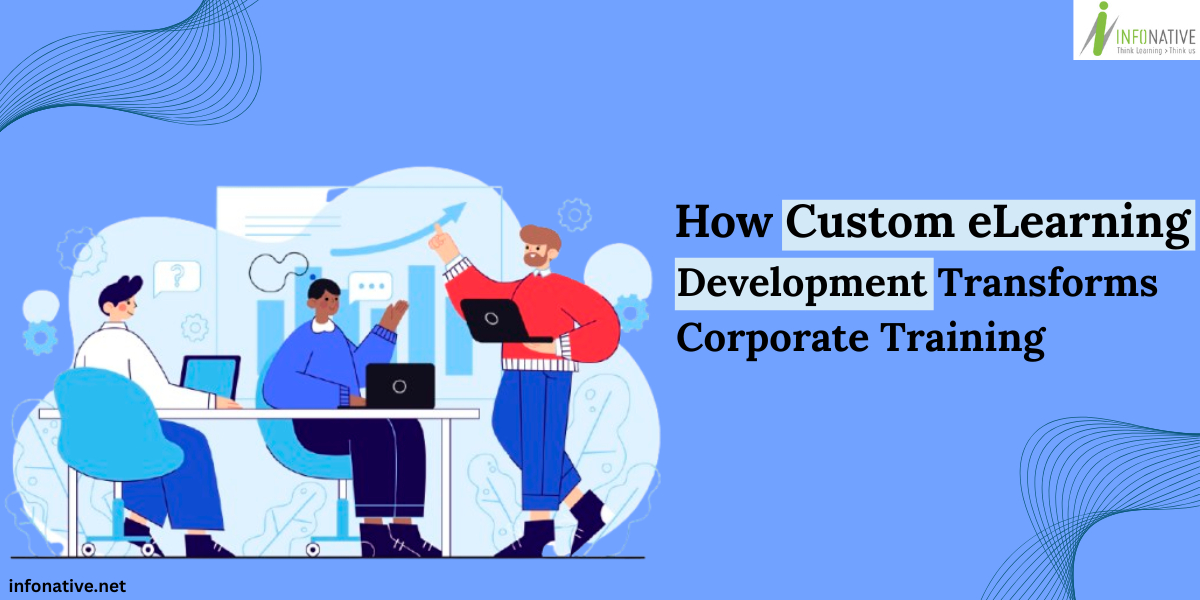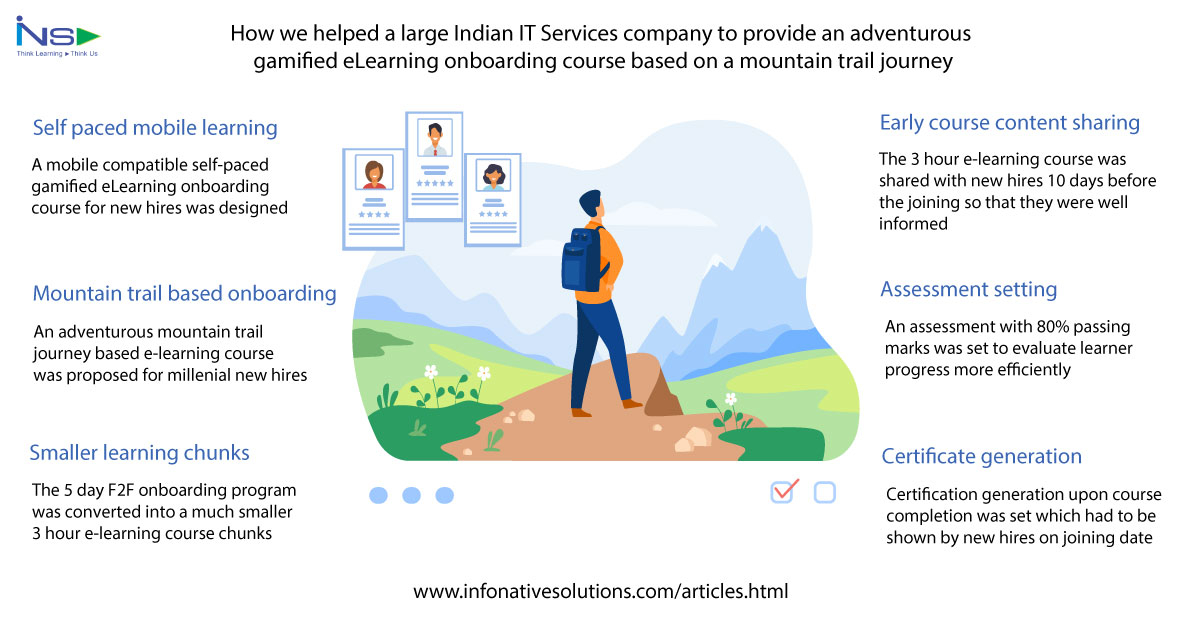In the modern digital workplace, continuous learning has become a vital component of organisational growth. Conventional training approaches—such as classroom sessions or standardised modules—are steadily giving way to custom eLearning development. Bespoke digital learning solutions enable organisations to upskill their workforce effectively, boost engagement, and deliver measurable results that align with business objectives.
This article explores how custom eLearning development is transforming corporate training, its key advantages, and why forward-thinking organisations are adopting this approach to nurture a more agile, knowledgeable workforce.
What is Custom eLearning Development?
Custom eLearning development refers to the process of designing and developing online training programmes specifically tailored to a company’s learning objectives, culture, and workforce needs. Unlike off-the-shelf courses, which provide generic content, custom eLearning solutions are created from the ground up to reflect the organisation’s values, branding, and operational goals.
These courses often integrate multimedia, gamification, simulations, assessments, and real-world scenarios, making learning more interactive and impactful.
Aligns Training with Organisational Goals
One of the most powerful ways custom eLearning development transforms corporate training is by aligning learning content with business objectives. For example, a company focusing on customer service excellence can design a course around communication skills, empathy, and problem-solving tailored to its specific service environment.
By integrating company-specific case studies, policies, and challenges, learners gain practical insights that directly relate to their job roles. This ensures that every training hour contributes to measurable business outcomes—whether it’s improving productivity, reducing errors, or boosting customer satisfaction.
Enhances Learner Engagement and Retention
Employee engagement is often a challenge in corporate learning. Generic training can feel irrelevant and uninspiring, leading to poor knowledge retention. Custom eLearning solves this by using engaging formats such as:
• Gamified modules: Reward systems, badges, and leaderboards to motivate learners.
• Scenario-based learning: Real-world challenges that encourage decision-making and problem-solving.
• Interactive videos and simulations: Hands-on practice in a risk-free virtual environment.
These immersive approaches capture attention and make learning enjoyable. When employees are actively involved, they retain information longer and apply it more effectively in their day-to-day tasks.
Offers Scalability and Flexibility
Unlike traditional classroom sessions, custom eLearning solutions are scalable across locations and teams. Whether your organisation operates in one region or across multiple countries, learners can access the same high-quality training from anywhere, at any time.
This flexibility supports different learning styles and paces—employees can pause, revisit, or complete modules according to their schedules. Additionally, updates and new content can be added easily, ensuring training stays relevant in fast-changing industries.
Provides Personalised Learning Experiences
Every employee has unique learning needs, skill levels, and goals. Custom eLearning allows organisations to design personalised learning paths based on roles, departments, or performance gaps.
For instance, a sales executive may require negotiation skills training, while a technical team member might need a module on software compliance. Adaptive learning technologies can also assess a learner’s performance and automatically recommend additional resources or advanced topics, ensuring a more targeted and effective learning journey.
This personalisation fosters a sense of ownership among employees, motivating them to take charge of their professional growth.
Enables Data-Driven Learning Insights
Modern custom eLearning platforms integrate with Learning Management Systems (LMS) that track progress, completion rates, and performance metrics. This data-driven approach enables HR and training managers to analyse the effectiveness of each course, identify skill gaps, and optimise future learning programmes.
With real-time analytics, organisations can measure training ROI and understand how learning impacts business results. For example, tracking post-training performance improvements or reduced error rates offers tangible proof of the value of custom eLearning investments.
Reduces Training Costs Over Time
While custom eLearning development may require an initial investment, it significantly reduces long-term training expenses. Once developed, digital courses can be reused and scaled without additional instructor or venue costs.
Moreover, employees can learn without interrupting their work schedules, saving time and resources. The flexibility of online learning also decreases travel and accommodation expenses associated with traditional training sessions. Over time, this leads to a high return on investment and sustainable learning growth.
Promotes a Continuous Learning Culture
In a world where technologies and market trends evolve rapidly, continuous learning has become a necessity. Custom eLearning makes this achievable by offering a dynamic and easily updatable platform for employee development.
Organisations can continuously roll out new modules to keep staff informed about industry changes, product updates, or compliance regulations. This fosters a learning culture where employees remain curious, adaptable, and future-ready—essential qualities in today’s competitive business environment.
Encourages Accessibility and Inclusivity
Another key transformation brought by custom eLearning development is improved accessibility. Digital courses can be designed to accommodate different languages, reading levels, and accessibility needs, ensuring that every employee has an equal learning opportunity.
Features like closed captions, voiceovers, and mobile responsiveness make learning inclusive and accessible to diverse teams across global locations.
Conclusion
Custom eLearning development has revolutionised corporate training by turning traditional learning into a dynamic, engaging, and measurable process. It aligns training with business goals, enhances learner engagement, and creates scalable, data-driven learning environments.
By investing in bespoke digital learning solutions, organisations not only empower employees with relevant skills but also strengthen their culture of innovation and growth.
In an era where knowledge drives performance, custom eLearning isn’t just a modern alternative—it’s the strategic backbone of effective corporate training.




